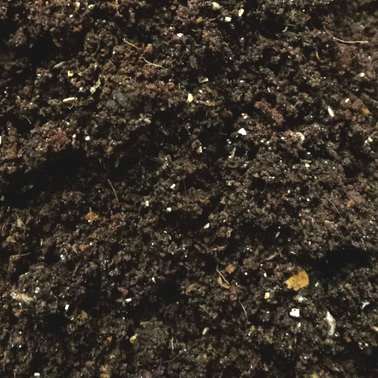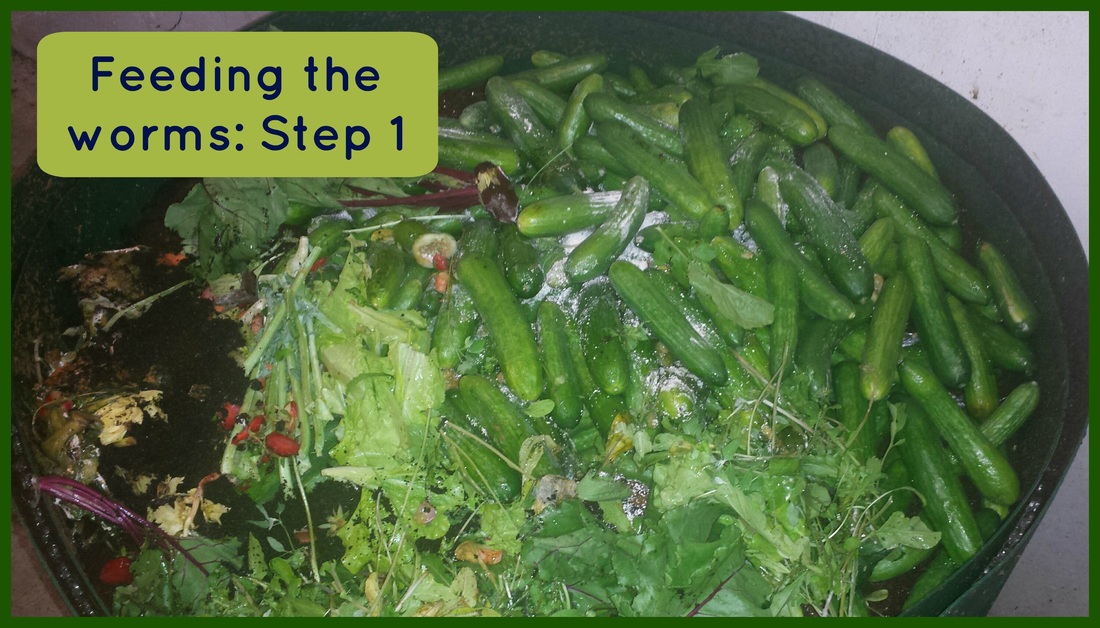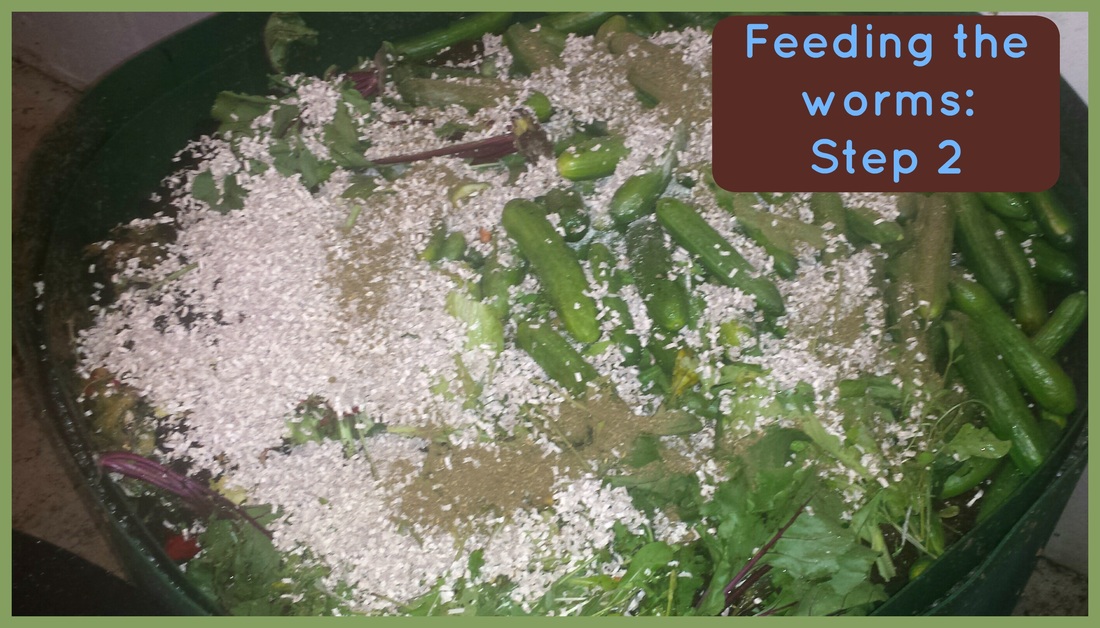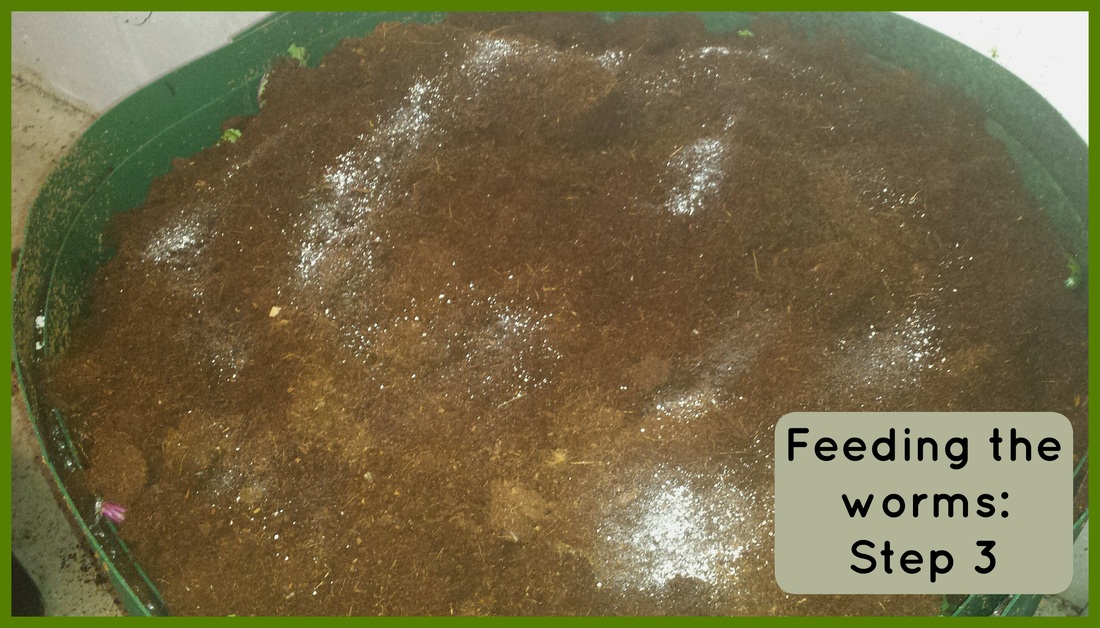 The vermicastings (pre-sorted) The vermicastings (pre-sorted) Before we put anything into our own garden, we research it. We find out what each ingredient is for, we learn about how it's produced and we look to see if there are local sources we can use. So we thought it would be a good idea for our customers (and potential customers) to know what goes into a batch of our Living Worm Compost (which is found at the foundation of all of our products and services). So here it is: First we've got tens of thousands of hungry red wiggler worms, kept at a comfortable 60-80 degrees year-round. They're compost worms, not nightcrawlers or earthworms, although you'll often see other little critters in our compost bins, helping out-- roly-polies, beetles, pot worms, etc. They're all great, they're all welcome. We feed them a wide variety of locally-sourced produce, organic coconut coir, shredded newsprint, finely crushed egg shells, coffee grounds, alfalfa meal and occasionally oatmeal. Now ask yourself: Is there anything on that short list you wouldn't want sitting on your kitchen table? Probably not, and that's the way we like it. Everything we use is "house safe." Some worm farmers feed their livestock a mixture of animal manure and chicken feed. Those are fine things, but they don't offer the nutritional variety we look for when we produce our vermicompost, and they don't meet our strict "house safe" standards.. Now here's how the composting process works with worms: When worms eat, they break down the food, but their digestive process leaves behind a lot of the nutrients found in the produce they eat. That means their compost will still contain some of the potassium from the bananas, iron from the spinach, etc. And that's good news for your soil! So without further ado, here's a list of produce we've fed our worms recently, helping to create some of the richest, most nutrient-dense vermicompost you'll ever use:
So, yes, we're very particular about the stuff our worms eat-- mainly because the end product will eventually end up in gardens growing food that our family and friends will eat, as well as growing food that our customers will eat. These things matter to us. If you're interested in buying some of our Living Worm Compost for your own garden, flowers or ornamentals, click here.
1 Comment
|



